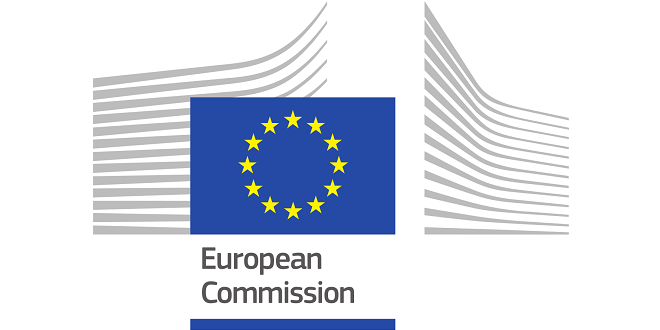The European Commission is considering a proposal which would give news publications the right to demand royalties from aggregators if they use short snippets from articles. The proposal is still being considered internally, and the full details have not yet been revealed to the public. Some news outlets, like the Wall Street Journal, were able to view a draft proposal that is being considered by the Commission. This proposal is part of a larger copyright overhaul that the Commission is working on. The full copyright proposal is expected to be complete in late September.
This proposal may sound familiar, since similar proposals have already been turned into law in a few countries. Spain passed a law which forced aggregators to pay royalties on the use of snippets. Under that law, individual publications could not give permission to use snippets for free, even if they wanted to. After that law was passed, Google shut down Google News within Spain rather than pay royalties. A study commissioned by Spanish publishers suggests that Spanish news outlets suffered a decline in views and revenue as a result.
Germany passed a similar law, but unlike in the Spanish law, publications could at least decide if they even wanted royalties and allowed them to negotiate their own deals with aggregators. Due to this difference, Google did not shut down its aggregator in Germany, but it did remove individual publications that demanded royalties. The major German publisher Axel Springer SE granted Google a license to use snippets for free after suffering a large decline in traffic when it was removed from Google News.
The Commission is aware that those laws failed to achieve their goals and stated, "none of these two recent solutions have proven effective to address publishers’ problems so far." However, the Commission believes its proposal will succeed where those failed. It is thought that harmonized law across the EU would give publishers a better bargaining position against Google.
Matthew Jones, a partner at intellectual property law firm EIP, suggests the EU's proposal may not work as intended. "The market power of Google is such that many content owners will choose not to charge the fees," he stated. Even with EU-wide legislation, Google can simply continue the same strategy it used on individual countries, and simply remove any publication demanding royalties from its aggregator. "This could hurt the content owner much more than Google," Jones said.
Should aggregators pay royalties for using short snippets from articles? Leave your comments below.







